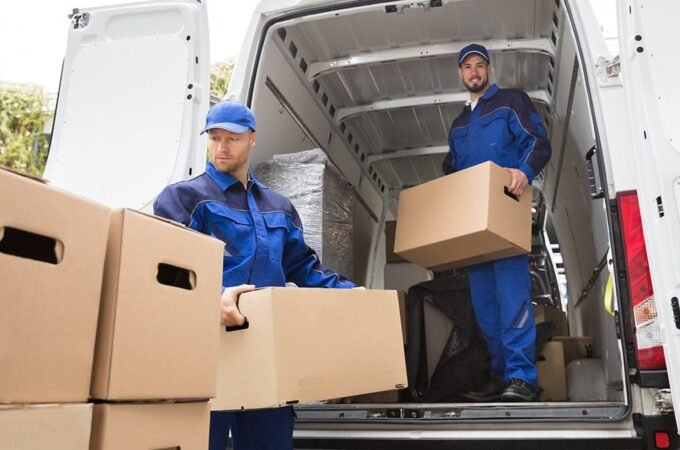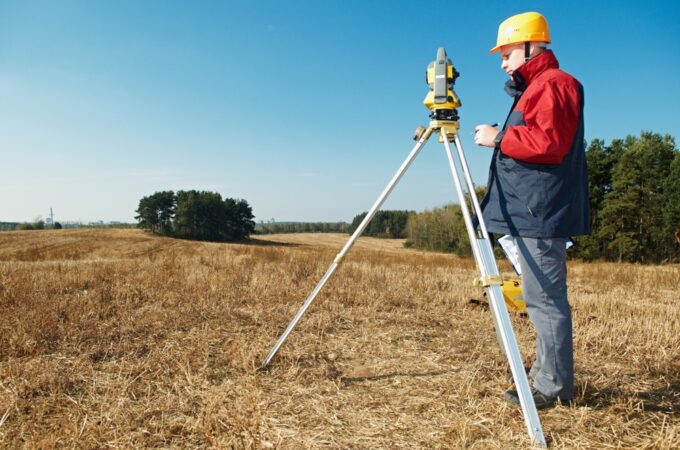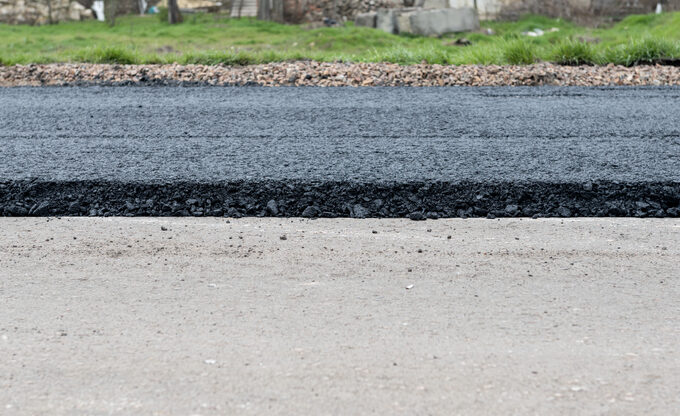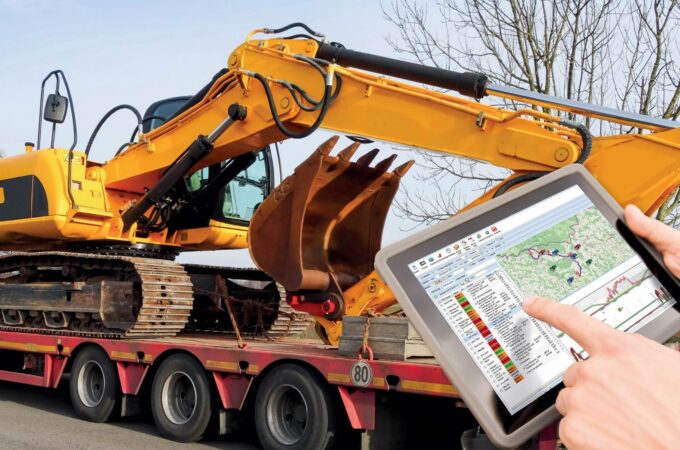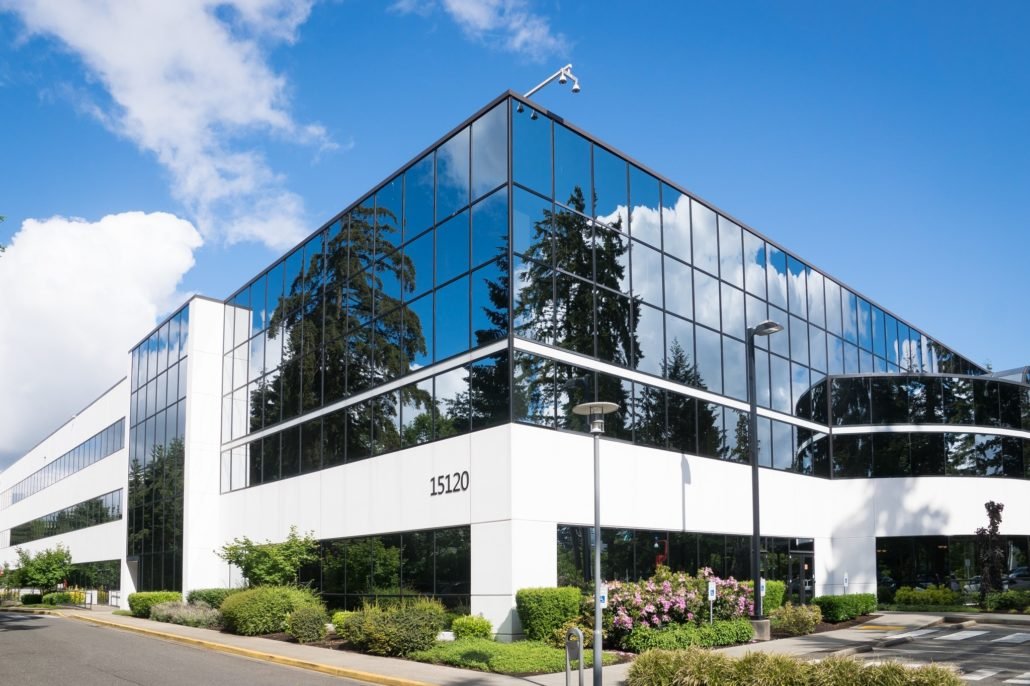
Most Efficient Type of Roof for Commercial Buildings
Do you own or manage a commercial building? If so, it’s essential to ensure you have the correct type of roof installed. There are many different types of roofs available, and each has its own benefits and drawbacks.
In this blog post, we will discuss the most efficient type of roof for buildings and why it is such a popular choice among business owners.
Choosing the Right Roof for Your Commercial Building
Your buildings’s roof is as important as your foundation. Professional roofing installers at Mighty Dog Roofing says ”Many factors such as weather, sun exposure, application, decking, roof slope, and traffic on the roof can affect the life of the roof.”, so getting an understanding of the different types of roofs available, can help you make an informed choice.
Importance of Proper Roofing for Commercial Buildings
Having the correct type of roof installed on your building is essential for various reasons. Not only does it protect the interior and contents of the building, but it also helps to regulate indoor temperatures and prevent water damage. In addition, if you are considering selling your commercial property in the future, having a properly installed roof can increase its market value. Professionals in San Antonio roofer companies can help you choose the right roofing solution for your needs. They can also provide regular maintenance and repairs to extend the life of your roof.
Top Efficient Roofs for Commercial Buildings
#1: Metal Roofs

Metal roofs are one of the most efficient roofing available for your buildings. They are lightweight and easy to install, which makes them an ideal choice for businesses looking to save money on installation costs.
Metal roofs also have excellent insulation properties, which can help keep temperatures inside the building more regulated while using less energy. Metal roofs are highly durable and can last up to 50 years with minimal maintenance.
The downside to metal roofs is that they can be expensive to install and tend to be noisy during rain or hail storms.
#2: Asphalt Shingle Roofs
Asphalt shingle roofs are one of the most common types of roofing for buildings. They are relatively inexpensive and easy to install, making them an attractive option for businesses looking to keep costs low. Asphalt shingles are also quite durable and can last up to 25 years with proper maintenance.
The downside to asphalt shingle roofs is that they are not as energy efficient as metal roofs, meaning that they may not be able to regulate temperatures or save you money on energy bills.
#3. Silicone Roofs
Silicone Roofs are becoming increasingly popular for buildings due to their energy efficiency and durability. They are highly reflective, meaning they can help keep temperatures inside the building more regulated while using less energy. Additionally, silicone roofs are highly durable and can last up to 30 years with minimal maintenance.
The downside to silicone roofs is that they tend to be more expensive than other roofing materials.
#4. Green Roofs
Green roofs are an eco-friendly option for commercial buildings. They are made of vegetation and soil, which helps to absorb rainwater, reduce runoff, and regulate temperatures inside the building. Green roofs can also help improve air quality by reducing smog and other pollutants in the area.
The downside to green roofs is that they tend to be expensive to install and require considerable maintenance to stay healthy.
#5. Flat Roofs
Flat roofs are an ideal option for buildings due to their low cost and easy installation process. They are also energy efficient, which can help regulate temperatures inside the building while using less energy.
Flat roofs are relatively durable and can last up to 20 years with proper maintenance.
The downside to flat roofs is that they can be challenging to repair and are more prone to leaks than other types of roofs.
These are just a few of the most efficient types of roofs for buildings. Each has advantages and disadvantages, and business owners should consider their needs carefully before deciding which type is best for them.

The Bottom Line
If you want to save money in the long term and keep the temperatures inside of your commercial building more under control, selecting the most energy-efficient type of roof for your business is an important decision to make. Depending on your requirements, you may want to choose flat roofs, roofs made of silicone or metal, asphalt shingles, green roofs, or even green silicone roofs. Be sure to get the advice of an expert contractor who can offer you with additional information about each choice and assist you in arriving at a decision that is well-informed. You may choose the kind of roof that will be the most cost-effective for your building if you have the right knowledge and some help.

